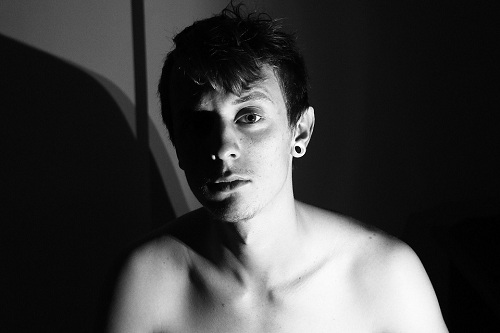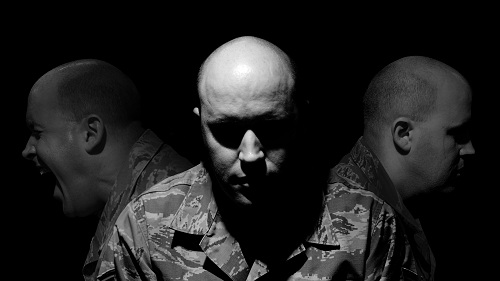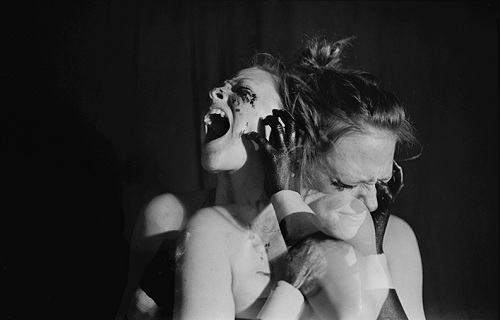We love watching movies and it can be part of our movie therapy sessions, especially if it is something that captures the interest of our brain’s function. And since we know that there are tons of epic fails and unreliable depictions of issues on mental health on TV in most of the films we see, we somehow wonder what’s true about it. Sometimes, we even try to compare, research, and ask someone if that’s what it is. So in this article, we will try to enumerate the movies that go out of the way of changing the morphed view of mental illness in the media.

Iron Man
One of the beautiful attributes of Marvel movies is that their male characters are not seen as less manly as they are even if some scenes require them to show emotions. Marvel movie character Tony Stark (played by Robert Downey Jr.) experienced what we all know as severe anxiety. Every time someone mentions to him the wormhole, he starts to dissociate and lose his breath. His condition is identified as a panic attack. Knowing that a character experiences the mental state in such a favorite movie show can make people think that even heroes alike experience trauma.
Homeland (2011)
Carrie Mathison is one of the actresses that amazingly play a character with a bipolar disorder. Though some episodes are not that perfect, most of its controversial scenes are the decent representation of an overall, often ignored psychological illness. Despite the controversy over the show, it’s great to know that a movie finally portrays the disorder reliably right. Along with the best cinematography and great acting, it shows how mental illness affects not only a specific person but transforms other lives as well.

Jessica Jones (2015)
The film is impressed with realistic writing because the way they write PTSD is poignant and sensitive. The movie is more than just about a diagnosis that PTSD is only limited to those people who experience war. Most people somehow often forget that the disorder can also stem from other dreadful events and situations such as the repeated sexual, verbal, and physical abuse that Jessica Jones endure along her relationship. The good thing about the show is that it didn’t stick in the horrors of PTSD. Instead of Jessica merely accepting the pain, she manages to do something about it.

Call Me Crazy (2013)
In a world where people seem lost in alienation and stigma of mental illness, the film brought the taboo topic to the frontline. The character Lucy, played by Brittany Snow accurately portrayed the milder symptoms up to full-blown episodes of different psychiatric disorders. Lucy suffers from overall dysfunction where she feels too tired even to do things. She sometimes experiences flashbacks and panic attacks associated with her multiple mental conditions. Since these conditions have severe symptoms, it makes her misunderstand the people around her.
Similar and intrusive thoughts of self-deprecation, honoring guilt, and deep dread plague many with depression and anxiety alike. It’s ugly, and it hurts, but there’s always something that people can do. Despite how difficult it may be, the management of the disorder is indeed possible with the right help and proper assistance. (As for assistance, there is BetterHelp. The platform is open for all people, 24 hours a day and seven days a week.)
